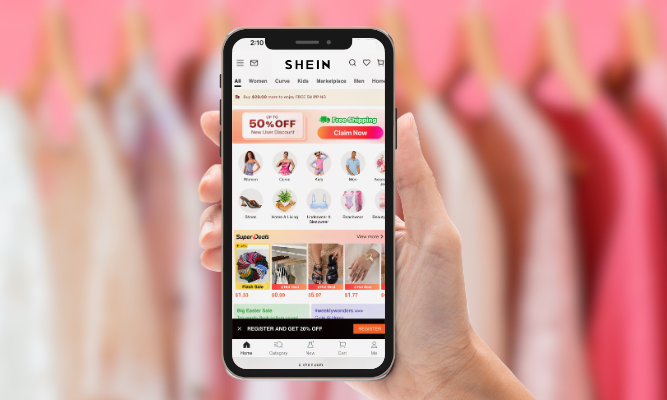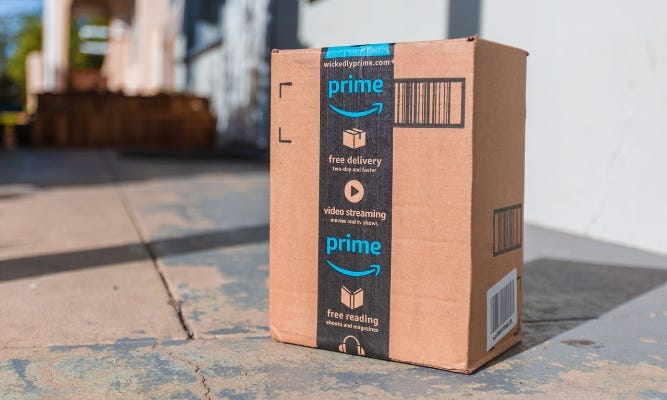.jpg?auto=webp&quality=80&dpr=2&disable=upscale&width=1280&crop=5%3A3)
Meet the Moms of Brad’s Deals: Our Top Mother’s Day Gifts for Every Type Of Mom
Mother’s Day is right around the corner! Here are the best gifts for every mom.
Our editors find the best deals every day. We may get paid by partners or earn a commission at no cost to readers.
.jpg?auto=webp&quality=80&dpr=2&disable=upscale&width=1280&crop=5%3A3)
Mother’s Day is right around the corner! Here are the best gifts for every mom.

Patio season is upon us! Our experts put together the top tips and tricks for designing your patio space.

Looking to do a little spring refresh on your home? You may want to wait to make any big purchases until you check out the Way Day sale at Wayfair! While the details of the sale are still very hush-hush, the sale is anticipated to start at the end of this month. Even though Wayfair has not released any specifics yet, our experts have put together a few assumptions based off of what we’ve seen in past Way Day sales. In the article below, we’ll answer the most popular questions about Way Day and give you an idea of how to best shop the sale.

Our furnishings tell the story of our life. They reveal to our guests what we find comfortable and the colors that speak to us. We haul them in trucks from town to town when we move and pass them on when our needs change.

We're here to help you round up the best of the 2024 Spring Way Day Sale!

Whether you're already a Shein enthusiast or considering trying the popular website, discover the top 5 reasons why our experts love shopping at Shein!

Get ready to fill those Easter baskets with the best goodies of the season! Our experts reveal their top picks for 2024.
.jpg?auto=webp&quality=80&dpr=2&disable=upscale&width=1280&crop=5%3A3)
Amazon's Big Spring Sale is still live! Here's what our experts are buying.
.jpg?auto=webp&quality=80&dpr=2&disable=upscale&width=1280&crop=5%3A3)
The Amazon Big Spring Sale has begun! Check out the top deals according to our experts.

Excited for Amazon's Big Spring Sale? We put together some pro tips from our experts to help you make the most of it!
.jpg?auto=webp&quality=80&dpr=2&disable=upscale&width=1280&crop=5%3A3)
Amazon’s Big Spring Sale is here! Our experts put together their top predictions for the event.
.jpg?auto=webp&quality=80&dpr=2&disable=upscale&width=1280&crop=5%3A3)
Amazon announced that they will be holding their first-ever Big Spring Sale from March 20-25. Here’s everything we know so far–from expected discounts to early deals!